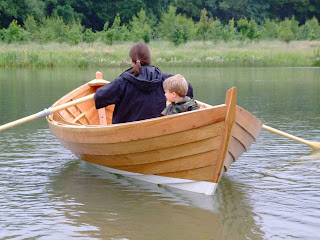1057. The right moment to catch the fish

Teacher A said to teacher B, “Keep and stay ready because whilst you’re doing something else, a positive idea can pop out about that student you’d like to help. At once those ideas come to mind. And those ideas can be a booster for the kid. Scribble down those thoughts, or just keep them in mind. Those thoughts are ok with him or her. Those ideas did not come to mind while you were planning the class. And the class is also for him or her. Think of the students you teach, I’d tell you, when planning a class.” / Photo from: lokelures com. Fishing in the sea.



































_NRFPT_02+++doctormacro+com+gene+kelly+as+Don+Lockwood+Donald++O'Connor+as+Cosmo+Brown+Debbie+Reynolds+as+Kathy+Selden+++Good+Morning.jpg)



